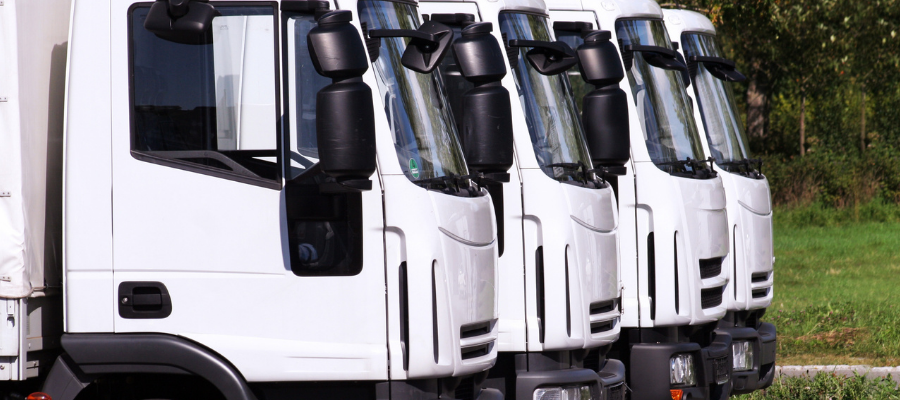🕒 Article read time: 2 minutes
Logistics UK fights for essential sector status for logistics workers to protect supply chain against ‘pingdemic’

With the ‘pingdemic’ placing intense pressure on logistics businesses and UK supply chains, Logistics UK continues to press the Government to allow logistics workers to avoid isolation if they are contacted by the NHS COVID-19 app, providing they have received two vaccinations and have negative PCR test results.
"Logistics as a sector is flexible and adaptable and has maintained supplies of everything UK plc needs throughout the pandemic,” explained Elizabeth de Jong, Director of UK Policy at Logistics UK. “Many of our workers operate in isolation and the risk of infection passing between them is very low – however, for those in warehouses and distribution centres, the risk is higher.
“Having deemed logistics an “essential” industry at the start of the pandemic, the Government should be maintaining this designation and allow logistics staff to avoid isolation if they have had two vaccinations and have recorded negative test results. This will provide resilience for the UK’s supply chain and prevent unnecessary administration time being wasted.
"The proposed process to apply for exemption from isolation, following notifications from the NHS app, is time consuming, and will not help logistics businesses which are already working at full stretch to keep the country supplied with all that it needs. We are talking to the Government about streamlining this process right now to protect the integrity of the supply chain."
This month, Logistics UK’s Chief Executive, David Wells, signed an open letter co-ordinated by the Daily Mail urging ministers to end the requirement for fully vaccinated people to self-isolate if pinged by the NHS app with immediate effect, due to the disruption being caused to businesses and public services.
In recognition of rising absence rates across the sector, last week the Government announced that ‘daily contact testing’ will be rolled out to critical workplaces so that non-household contacts who would otherwise be required to self-isolate are instead able to take daily tests and work that day if they test negative. The announcement is in the Government press release here.
Published On: 29/07/2021 16:00:00

Comments Section
If you are a Logistics UK member login to add comments.
In Brief
House of Lords report calls for urgent action to protect the UK’s automotive sector
A report from the House of Lords Science and Technology Committee, published 27 July 2021, on batteries and fuel cells has called for Government support to develop UK supply chains and secure raw materials for battery manufacture ahead of the UK-EU ‘Rules of Origin’ coming into force in 2027.
The committee wants to see long-term commitments to give the UK a future competitive advantage in fuel cells and next-generation batteries by establishing research and innovation institutions, increased funding and widening the scope for battery innovation funding to ensure investment in energy and fuel networks, storage and smart systems.
The report also recommends urgent action to protect the UK’s automotive sector by ensuring sufficient skilled workers for the transition to electrical technology, accelerating the expansion of the public charging network, a rapid decision on the phase out of the sale of new diesel HGVs and co-ordination between strategies for transport, hydrogen and wider decarbonisation to give clarity to hauliers and bus operators about investing in fuel cell vehicles.
A response from the Government is expected by the end of September 2021.
The full report can be found here
Latest articles
National Highways launches Too Close for Comfort campaign
It's time to back off and stop intimidating the person driving in front of you.
Read time: 2 minutes
View article
Policy win: Government launches new strategies around growth, infrastructure and trade
Last month, the UK government published the long-awaited Modern Industrial Strategy, Trade Strategy, and Infrastructure Strategy – each setting out intentions, ambitions and next steps for respective policy areas, central to the future of logistics.
Read time: 3 minutes
View article
Generation Logistics Case Study
Grace Brown, Logistics Degree Apprentice - ASDA.
Read time: 2 minutes
View article